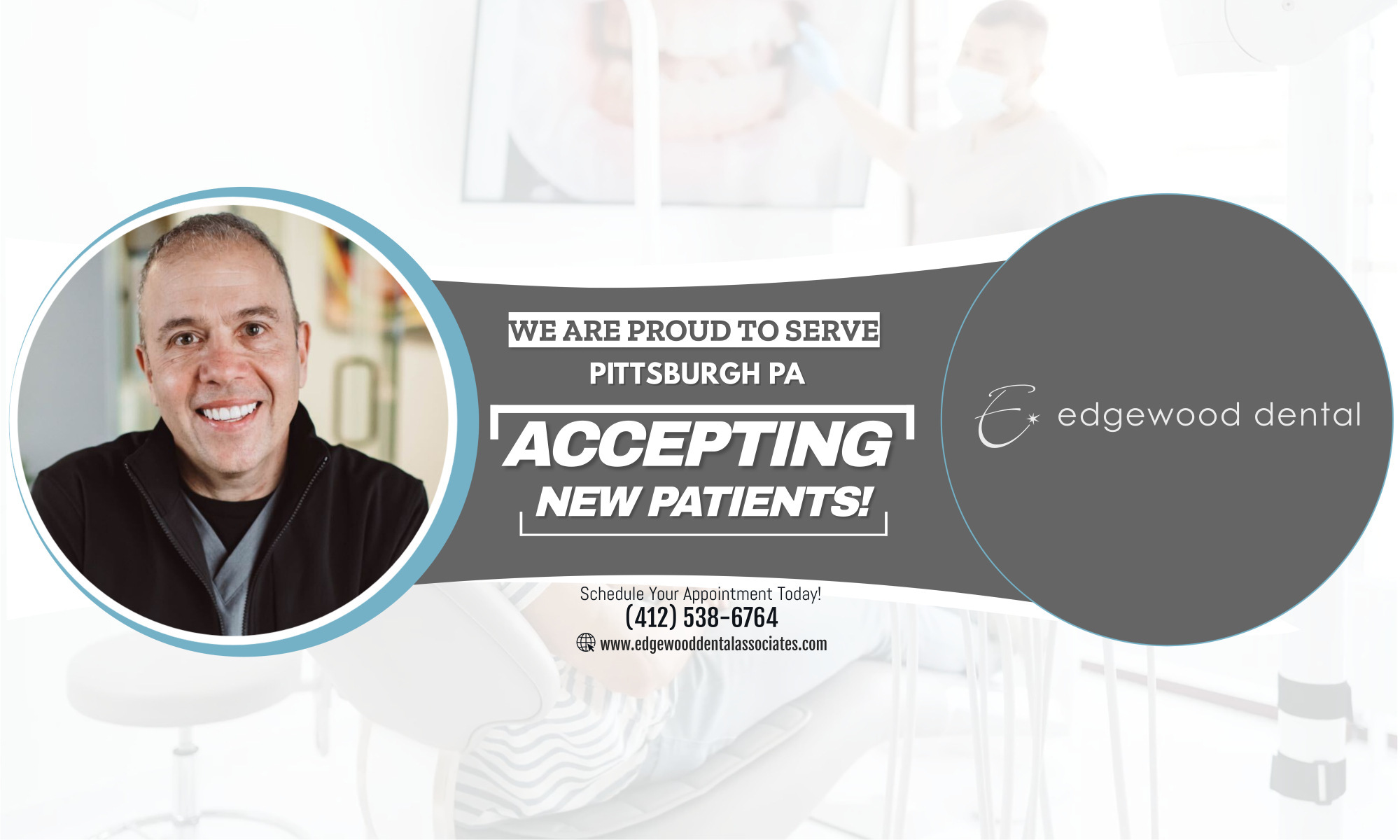For many patients, the dental cleaning appointment may seem little more than a more complicated version of brushing your teeth.
However, this appoinment plays a crucial role in patient education and prevention of dental disease.
The appointment is called a �dental prophylaxis,� or �prophy� and it’s one of the most important steps in your dental care program.
Here are some of the elements that it may include, depending on your needs:
– Oral hygiene evaluation
– Tooth brushing and flossing instructions
– Scaling above the gum to remove plaque and tartar
– Debridement of tartar beneath the gum
– Polishing the teeth
– Periodontal charting
It’s important to remove plaque from the teeth as it ultimately forms a hard, rough sediment known as tartar or calculus, which must be removed by a dental professional to help prevent periodontal disease.
Polishing the teeth removes stains and creates a feeling of fresh breath and a clean mouth.
The hygienist or dentist may recommend a prophylaxis visit every two to six months.
Although insurance may only cover two prophies a year, recall frequency depends on many factors and should be based on individual needs.
These appointments can help you have much better dental health and could save you a great deal of time and money in the long run.
